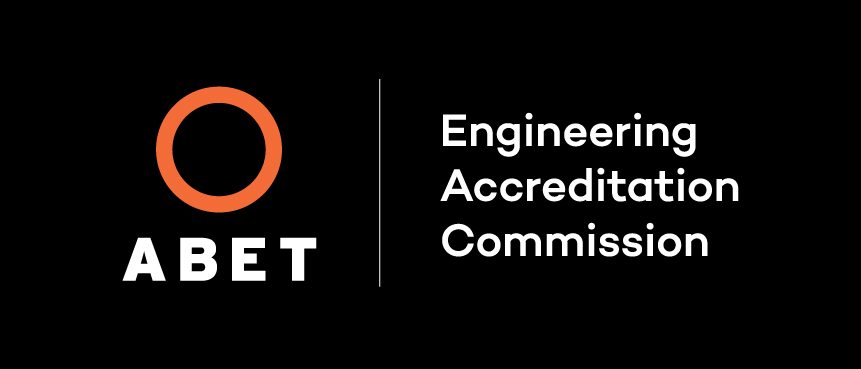 The Materials Science and Engineering program is accredited by the Engineering Accreditation Commission of ABET, under the commission’s General Criteria and Program Criteria for Materials, Metallurgical, Ceramics, and Similarly Named Engineering Programs.
The Materials Science and Engineering program is accredited by the Engineering Accreditation Commission of ABET, under the commission’s General Criteria and Program Criteria for Materials, Metallurgical, Ceramics, and Similarly Named Engineering Programs.
Mission and Vision
The mission of the Materials Science and Engineering program and the corresponding Program Educational Objectives are consistent with the vision and mission of the University and with the needs of our graduates and industry.
Materials Science and Engineering Mission Statement
The Department of Materials Science and Engineering program provides our BS, MS, and PhD graduates with the broad technical and theoretical knowledge, design capabilities, research experience, professional and communications skills necessary for them to excel in leadership positions in academia, industry and government at the national and international levels.
Materials Science and Engineering Vision Statement
The Department of Materials Science and Engineering at Drexel University will be world-renowned for the discovery, development, and dissemination of materials knowledge and technology through scholarly research and experiential learning.
Program Educational Objectives (PEO)
- Program Educational Objective #1: Materials Science and Engineering program graduates possess the core technical competencies necessary to become successful practicing, professional engineers, and interface with engineers from other disciplines.
- Program Educational Objective #2: Materials Science and Engineering program graduates have progressed to become leaders in industry and academia, are engaged in lifelong learning and exhibit a strong sense of professional responsibility.
- Program Educational Objective #3: Materials Science and Engineering program graduates possess strong written and verbal communication skills required for success in the profession.
Student Outcomes
- An ability to identify, formulate, and solve complex engineering problems by applying principles of engineering, science, and mathematics.
- An ability to apply engineering design to produce solutions that meet the specified needs with consideration of public health, safety, and welfare, as well as global, cultural, social, environmental, and economic factors.
- An ability to communicate effectively with a range of audiences.
- An ability to recognize ethical and professional responsibilities in engineering situations and make informed judgments, which must consider the impact of engineering solutions in global, economic, environmental, and societal contexts.
- An ability to function effectively on a team whose members together provide leadership, create a collaborative and inclusive environment, establish goals, plan tasks, and meet objectives.
- An ability to develop and conduct appropriate experimentation, analyze and interpret data, and use engineering judgment to draw conclusions.
- An ability to acquire and apply new knowledge as needed, using appropriate learning strategies.